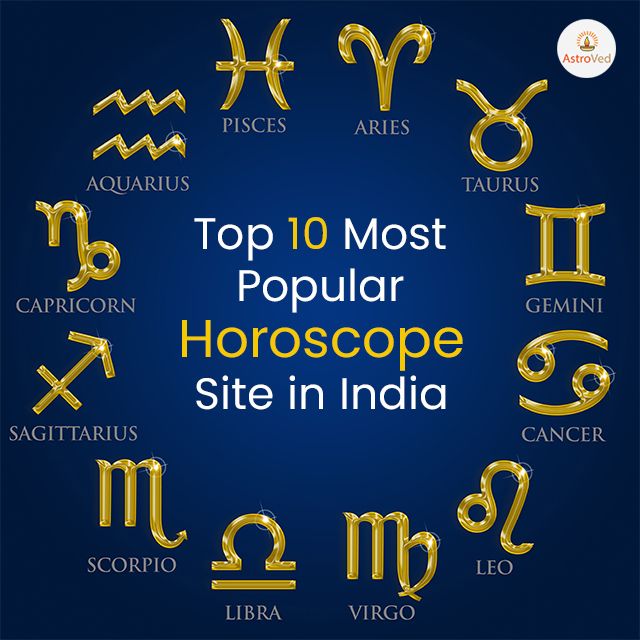

Why Digital Marketing is no longer responsibility of just the Marketing Team
Research by Mckinsey shows that it has become more difficult to influence customers by relying solely on one-way, push advertising. This is at the crux of why marketing needs to be embedded across the organisation.
We are in a new era of consumer engagement – earlier it was one way and one to many but today its many to many.
Many consumers have moved from reading newspapers and watching television to reading online news and watching Netflix and streaming music – changing the paradigm of marketing completely.
Research by Mckinsey shows that it has become more difficult to influence customers by relying solely on one-way, push advertising. This is at the crux of why marketing needs to be embedded across the organisation.
If the brand can create more happy customers and get the right digital influencers to talk about the brand – then it can move towards a higher brand recall. Indigo Airlines probably does this brilliantly by ensuring a on time flights with a no-nonsense approach to service. Consumers then start perceiving the brand not just from its marketing communication, but also from the quality of interactions and service they have with the brand.
Moreover, the digital medium is owned by users and cannot be controlled by the brand or the publishers. To a customer even the experience with the customer care call centre or with the sales person is key to brand recall.
This means consumer engagement is now REAL TIME. The traditional customer service teams cannot be hidden behind a service centre or on a phone call. Consumers can talk about a brand 24/7 and this puts customer service and sales teams in a position wherein they don’t have a choice but to be part of the consumer experience, and hence marketing. A great example of how this was done was Oreo during the blackout in Superbowl in USA wherein they leveraged the situation to engage with their fans on an instant campaign – you can still dunk in the dark.
Push marketing as we saw, is giving way to content based marketing and that involves the entire company. Everyone in the team should speaks the same language. For example, when Amazon was running its Aur Dhikhao, its web development team ensure that instead of users clicking on “More products”, this was changed to “Aur Dhikhao” to integrate the campaign into their area of work. Cross team collaboration is key in the digital world. Even different aspects of marketing need to be seamlessly working – be it offline, activations, digital or PR.
Talent and what they say on social media is also part of the consumer journey for many brands. What employees share digitally becomes the persona of the brand online. Many digital marketing teams also collaborate with the HR teams to create social media policies for employees to ensure that there is a singular view of the brand.
There is an explosion of digital customer data and its not always the marketing team that can reap its benefits. Product Development can collaborate with the analytics and digital teams to harness consumer feedback to create new product or feature ideas.
This shift presents a challenge as well: if everyone’s responsible for marketing, who will be held accountable for it? The organisation structure and the KPIs are going to evolve as time goes along but marketing will probably remain custodians of the brand with the entire organisation delivering on the promise of the brand.





